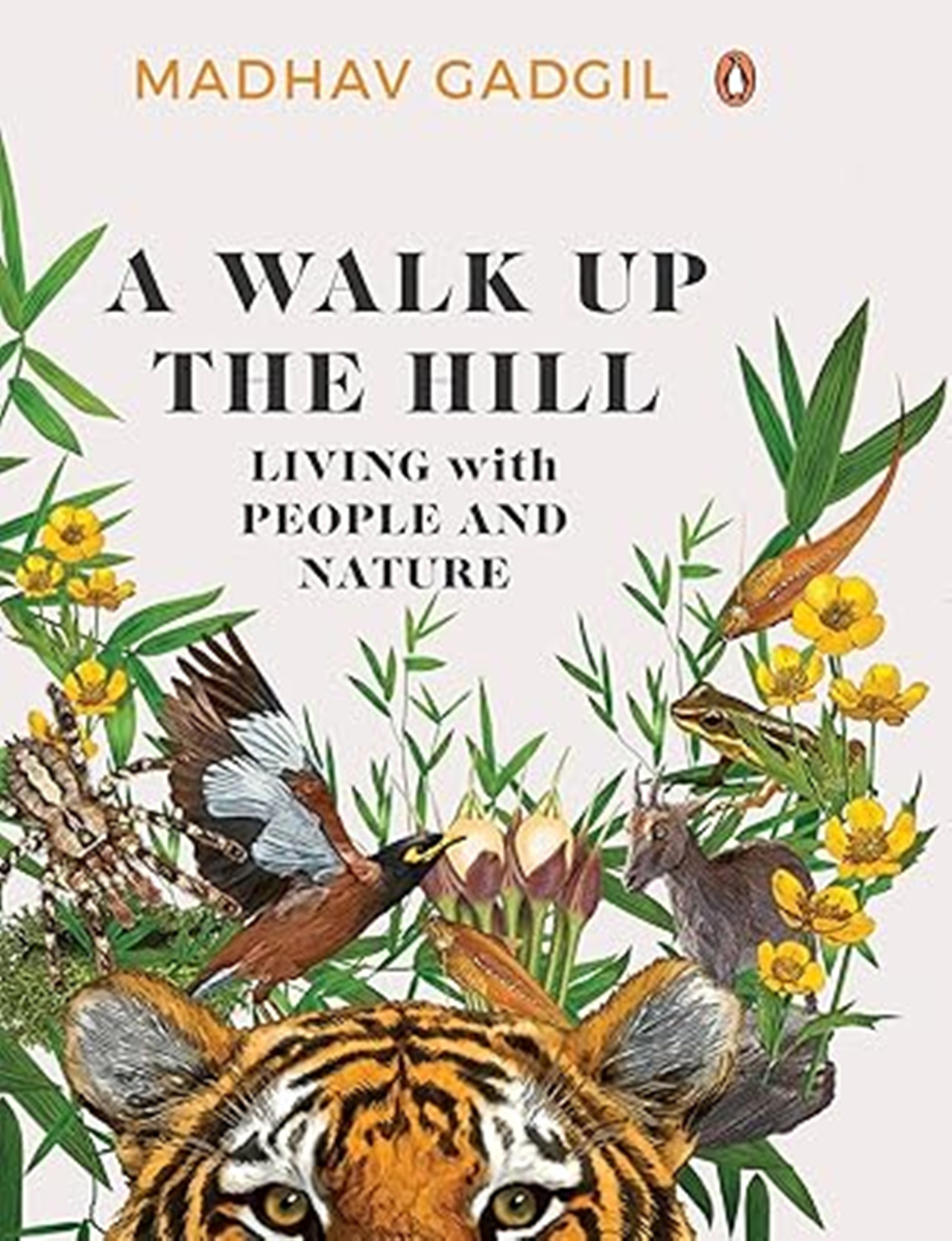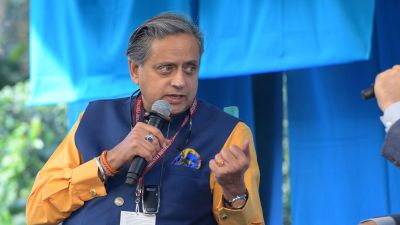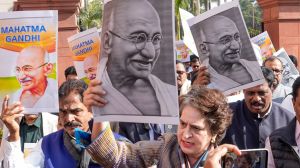Best of 2024: Books on science and environment
A round-up of our best reads this year
 Here are some of the books we loved reading in 2024 (Source: Pexels)
Here are some of the books we loved reading in 2024 (Source: Pexels) Madhav Gadgil’s career arc represents virtually the environmental history of post-Independence India (Source: Amazon.in)
Madhav Gadgil’s career arc represents virtually the environmental history of post-Independence India (Source: Amazon.in)
Madhav Gadgil’s career arc represents virtually the environmental history of post-Independence India. His autobiography, A Walk Up The Hill, Living With People and Nature (Allen Lane, Rs 999), is an intimate account of the country trying to reconcile economic development with the protection of forests, mangroves, rivers, mountains, rivers and wildlife. The memoir is also riveting in the details on institutional building in independent India. Gadgil brings a distinct human touch to the sustainability problem and makes a compelling case for resolutions to ecological predicaments. At times, Gadgil criticises his peers for not being sensitive to the difficulties of the marginalised and for their excessive focus on technocentric approaches. At the same time, India’s leading ecologist sees hope in grassroots movements in several parts of the country.
 Peter Frankopan’s The Earth Transformed: An Untold History (Bloomsbury, Rs 899) is a compelling story of how history has been affected by the environment (Source: Amazon.in)
Peter Frankopan’s The Earth Transformed: An Untold History (Bloomsbury, Rs 899) is a compelling story of how history has been affected by the environment (Source: Amazon.in)
Peter Frankopan’s The Earth Transformed: An Untold History (Bloomsbury, Rs 899) is a compelling story of how history has been affected by the environment. It is also a pre-history of climate change. Had the Earth not warmed up around 12,000 years ago, the farming revolution, which enabled settled living and created conditions for the rise and fall of cities and empires, would not have taken up. The 700-odd page book shows how human history is inextricably bound with the natural world. It shows how episodes in history that are usually seen in social political terms – the persecution of Jews in Europe, for example — have distinct environmental linkages. The climate crisis of today makes The Earth Transformed particularly resonant. Frankopan puts it aptly: ““Reintegrating human and natural history is not just a worthwhile exercise; it is fundamentally important if we are to understand the world around us properly”.
 These are some of the questions explored by Nobel Prize winning scientist Venki Ramakrishnan in Why We Die: The New Science of Ageing and The Quest for Immortality ( Hodder & Stoughton, Rs 699). (Source: Amazon.in)
These are some of the questions explored by Nobel Prize winning scientist Venki Ramakrishnan in Why We Die: The New Science of Ageing and The Quest for Immortality ( Hodder & Stoughton, Rs 699). (Source: Amazon.in)
In modern times, especially in recent years, there has been a surge in research on ageing that is inextricable with the booming anti-ageing industry. But what about the necessary biological purposes of death? What are the social and ethical costs of attempting to live forever? These are some of the questions explored by Nobel Prize winning scientist Venki Ramakrishnan in Why We Die: The New Science of Ageing and The Quest for Immortality ( Hodder & Stoughton, Rs 699). A medley of biology, social history, demographic study and philosophy the book goes into realms as diverse as cell structure decay, humanity’s mechanisms to cope with death and the quest for immortality. Ramakrishnan’s enormous forte lies in making complex issues accessible. He also sounds a note of caution: “A greatly extended life span would deprive our lives of urgency and meaning, a desire to make each day count.”
 In the War Below; Lithium Copper and the Battle to Power our Lives (Signal Pr, Rs 799), Reuters journalist Ernest Scheyder documents the conflicts between industry, community, national governments and civil society groups (Source: Amazon.in)
In the War Below; Lithium Copper and the Battle to Power our Lives (Signal Pr, Rs 799), Reuters journalist Ernest Scheyder documents the conflicts between industry, community, national governments and civil society groups (Source: Amazon.in)
The global imperative for clean energy and creating amenities for the digital economy have spurred a search for critical minerals such as lithium and copper. These are crucial elements in electrical vehicles, cell phones, solar panels and several other devices. Paradoxically, the extraction of the building blocks of what is often claimed to be a green economy is not ecologically benign. In the War Below; Lithium Copper and the Battle to Power our Lives (Signal Pr, Rs 799), Reuters journalist Ernest Scheyder documents the conflicts between industry, community, national governments and civil society groups that have accompanied the global search for the “new oil”. Scheyder, who has reported from the frontlines of these clashes, gives the reader a fascinating account of the underbelly of the new green economy.
kaushik.dasgupta@expressindia.com
- 01
- 02
- 03
- 04
- 05






























